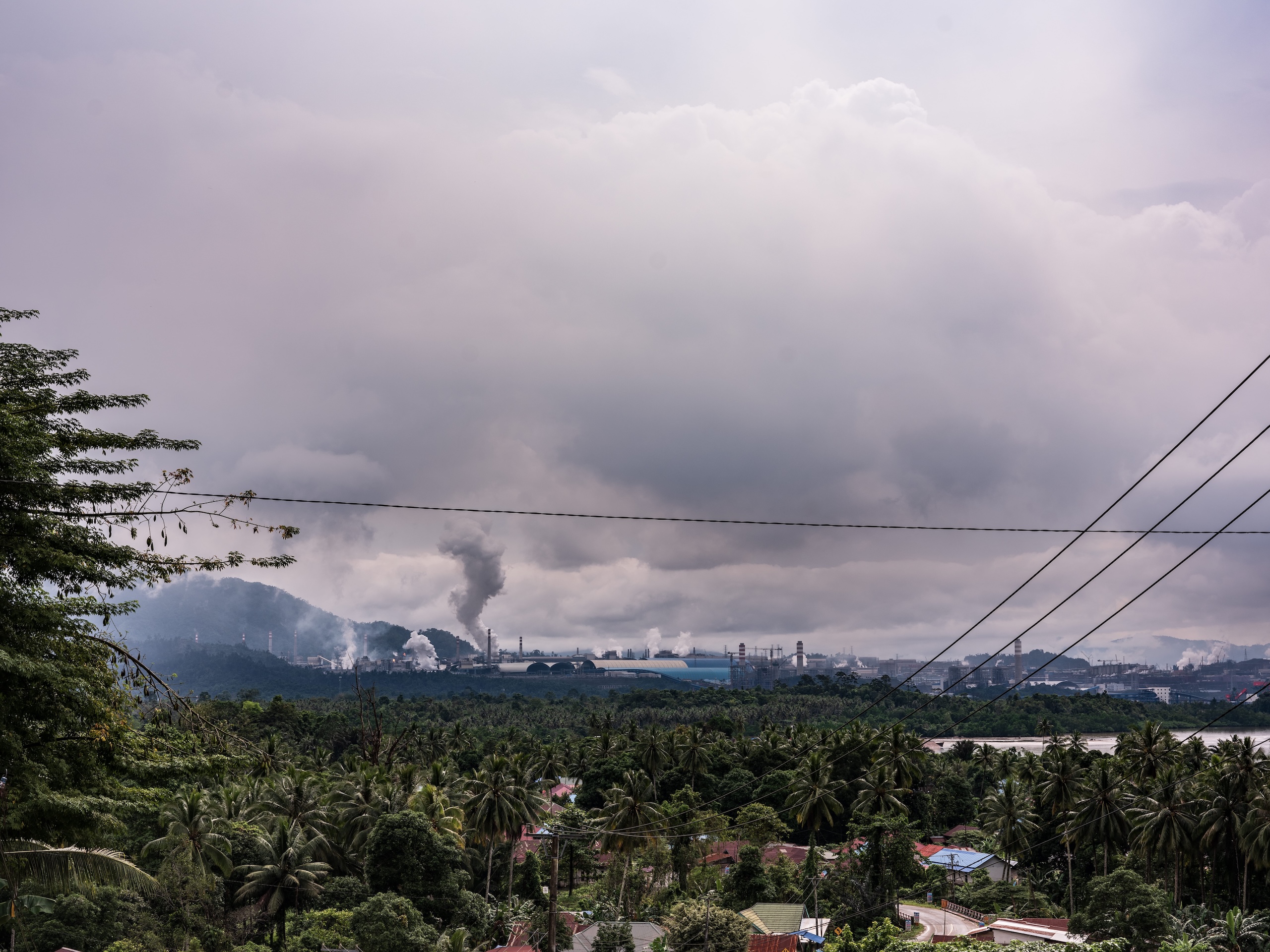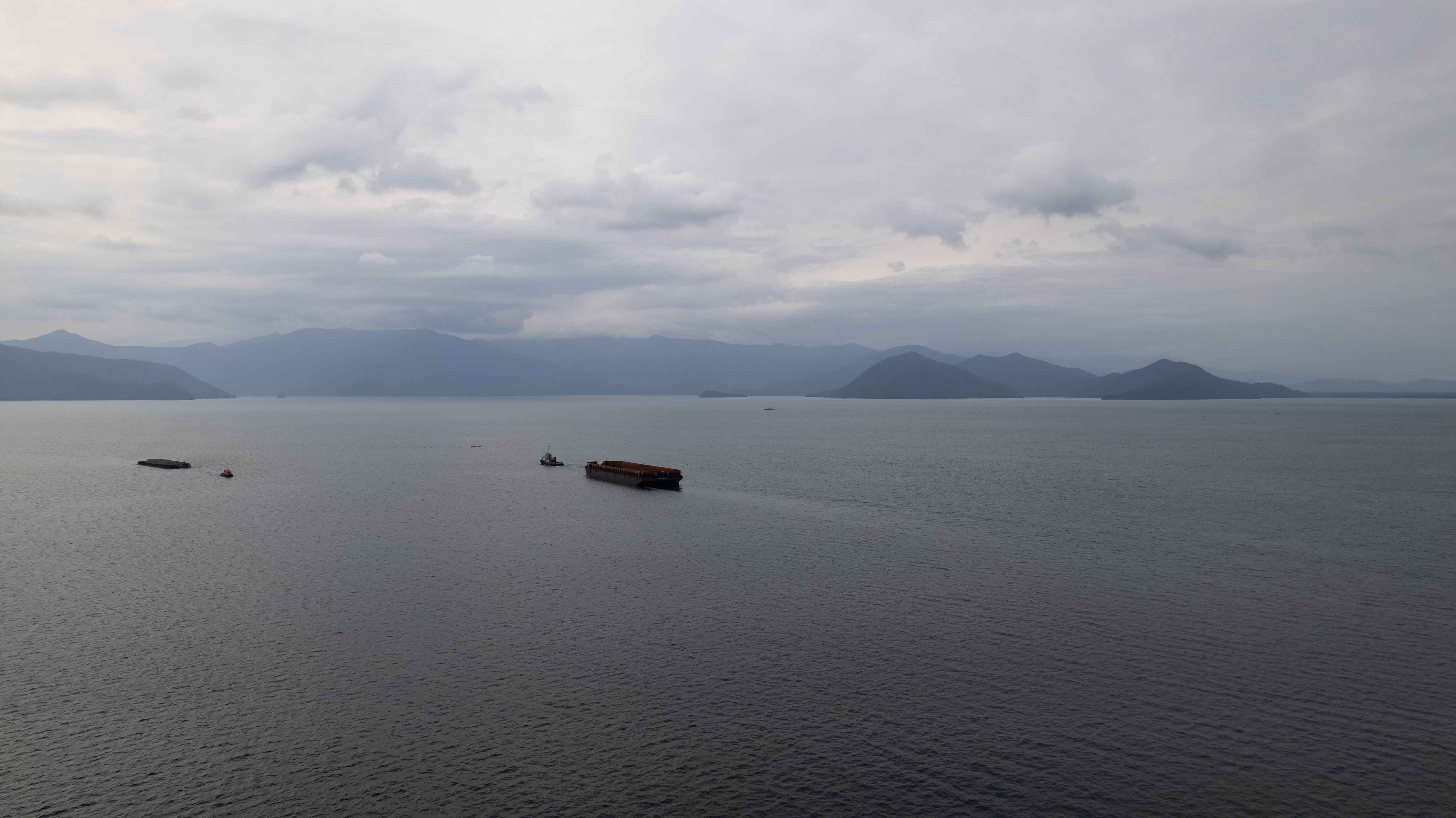Testing full-screen slideshow
Multiple consumer goods companies have suspended sourcing from the palm oil producer First Resources in the wake of an investigation by The Gecko Project. But others are facing criticism for failing to deal with evidence of deforestation in their supply chains by delegating responsibility to their suppliers or an industry certification scheme.
First Resources, a Singapore-listed palm oil producer, made a public commitment to keep forests standing in 2015. But The Gecko Project’s investigation, published last November as part of a collaboration with the International Consortium of Investigative Journalists, found evidence suggesting that First Resources has secretly controlled a network of “shadow” companies that have cleared tens of thousands of hectares of Indonesian rainforest.
Multiple consumer goods companies have suspended sourcing from the palm oil producer First Resources in the wake of an investigation by The Gecko Project. But others are facing criticism for failing to deal with evidence of deforestation in their supply chains by delegating responsibility to their suppliers or an industry certification scheme.
Slideshow Gallery
Header
Five years ago, the nickel rush came to Morombo. First, a few pits opened inland of the village, cutting down trees and stripping back the topsoil to expose the orange dirt below. Gradually, the mines bled together, congealing into an orange ring that completely engulfed the village. To reach the settlement now means driving first through flooded and broken tracks through palm oil plantations, and then through the mines themselves. The sodden path threads between wide concave pits, the whole landscape a rusted monotone overseen by long ranks of Komatsu diggers and the low, loping forms of stray dogs. An access road for the mine runs above what passes for a main street in the village.
Another header
Distant explosions echo around the bay. Dust rises out of the pits and blows over the village, settling on every structure. The bay itself has turned the same orange as the land as silt washes down from the denuded hills. Fishing trips yield dwindling catches, and the community is no longer self-sufficient, relying instead on what they call “dust money”—compensation from the mining companies that totals just 400,000 rupiah ($25.70) a month per household.
“We’re half dead on land,” Diana says. “Everything is broken. The sea turned brown. We’re eating dust.”
Five years ago, the nickel rush came to Morombo. First, a few pits opened inland of the village, cutting down trees and stripping back the topsoil to expose the orange dirt below. Gradually, the mines bled together, congealing into an orange ring that completely engulfed the village. To reach the settlement now means driving first through flooded and broken tracks through palm oil plantations, and then through the mines themselves. The sodden path threads between wide concave pits, the whole landscape a rusted monotone overseen by long ranks of Komatsu diggers and the low, loping forms of stray dogs. An access road for the mine runs above what passes for a main street in the village.
Distant explosions echo around the bay. Dust rises out of the pits and blows over the village, settling on every structure. The bay itself has turned the same orange as the land as silt washes down from the denuded hills. Fishing trips yield dwindling catches, and the community is no longer self-sufficient, relying instead on what they call “dust money”—compensation from the mining companies that totals just 400,000 rupiah ($25.70) a month per household.

